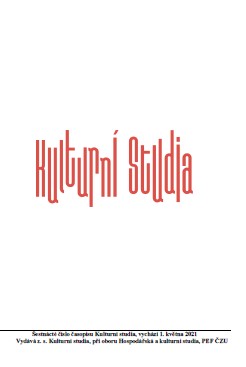Domestic Migration and Integration of Religious Diaspora: Global experiences can benefit the shaping of internal relationships in Indonesia
Domestic Migration and Integration of Religious Diaspora: Global experiences can benefit the shaping of internal relationships in Indonesia
Author(s): I Ketut Gunawan, Iván Győző SomlaiSubject(s): Sociology of Culture, Migration Studies, Sociology of Religion
Published by: Kulturní studia
Keywords: Bali-centrism; domestic diaspora; exclusiveness; intrareligious; Hindu;
Summary/Abstract: Many Balinese Hindus have migrated to East Kalimantan for official assignments, as part of transmigration programs, and for advancing economic opportunities, thus initiating a domestic Balinese diaspora. This diaspora maintains its identities and practices, as in Bali, and seeks to replicate Balinese symbols and practices when connecting with other Hindu communities from different cultures and traditions. This article sheds light on “Bali-centrism” and “quasi-exclusiveness” when the Balinese diaspora interacts with non-Balinese Hindus within East Kalimantan. The authors argue that Bali-centrism and Balinization might alienate and socially exclude non-Balinese Hindus from mainstream Hindu development. To cope with the grief of losing Hindu ‘friends’ from another tradition, a mindset shift is required. Furthermore, with the relocation of the Indonesian capital city from Jakarta to Nusantara, the influx of various ethnic and religious groups, including Hindu adherents, would be unavoidable, although admittedly it is impossible to know at this juncture about the eventual admixture of administration, commerce and culture that the city would comprise. The authors propose a “salad bowl” concept to build Hindu communities in a multicultural state with its new capital city. To augment understanding of the multiplicity of components and attributes influencing a diasporic community, the authors have drawn from applicable, non-religious diasporic experiences as well as from the historical manoeuvring of different religious groups globally; this knowledge may help researchers and community development practitioners understand the prevalence of bonding issues and interaction by sects within all religions.
Journal: Kulturní studia
- Issue Year: 20/2023
- Issue No: 1
- Page Range: 43-72
- Page Count: 30
- Language: English

